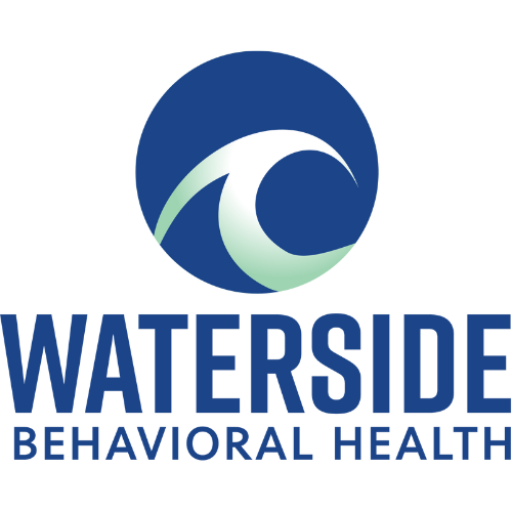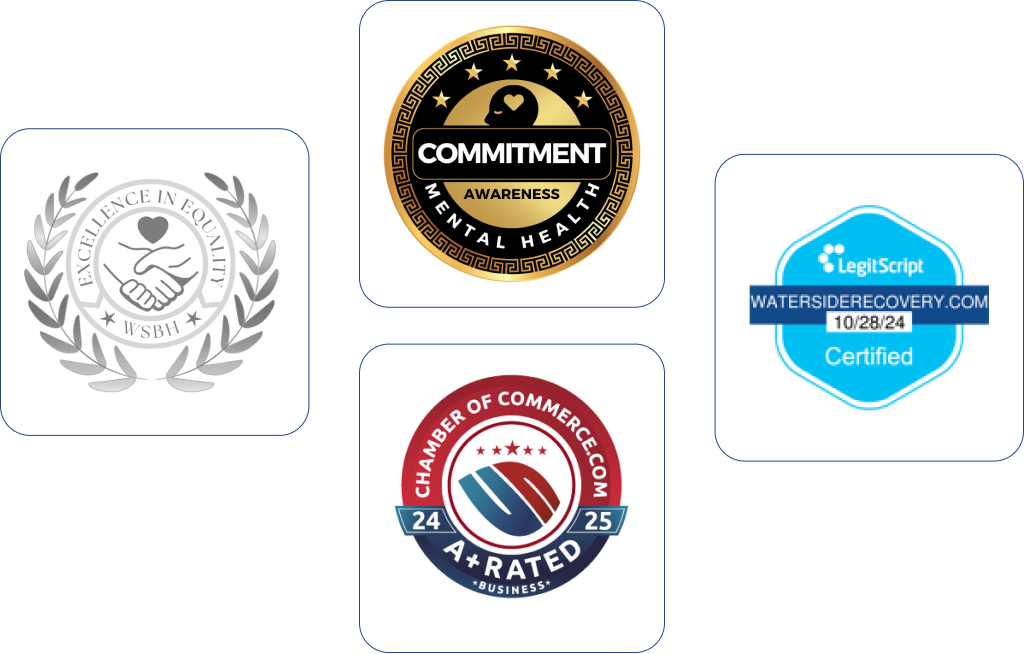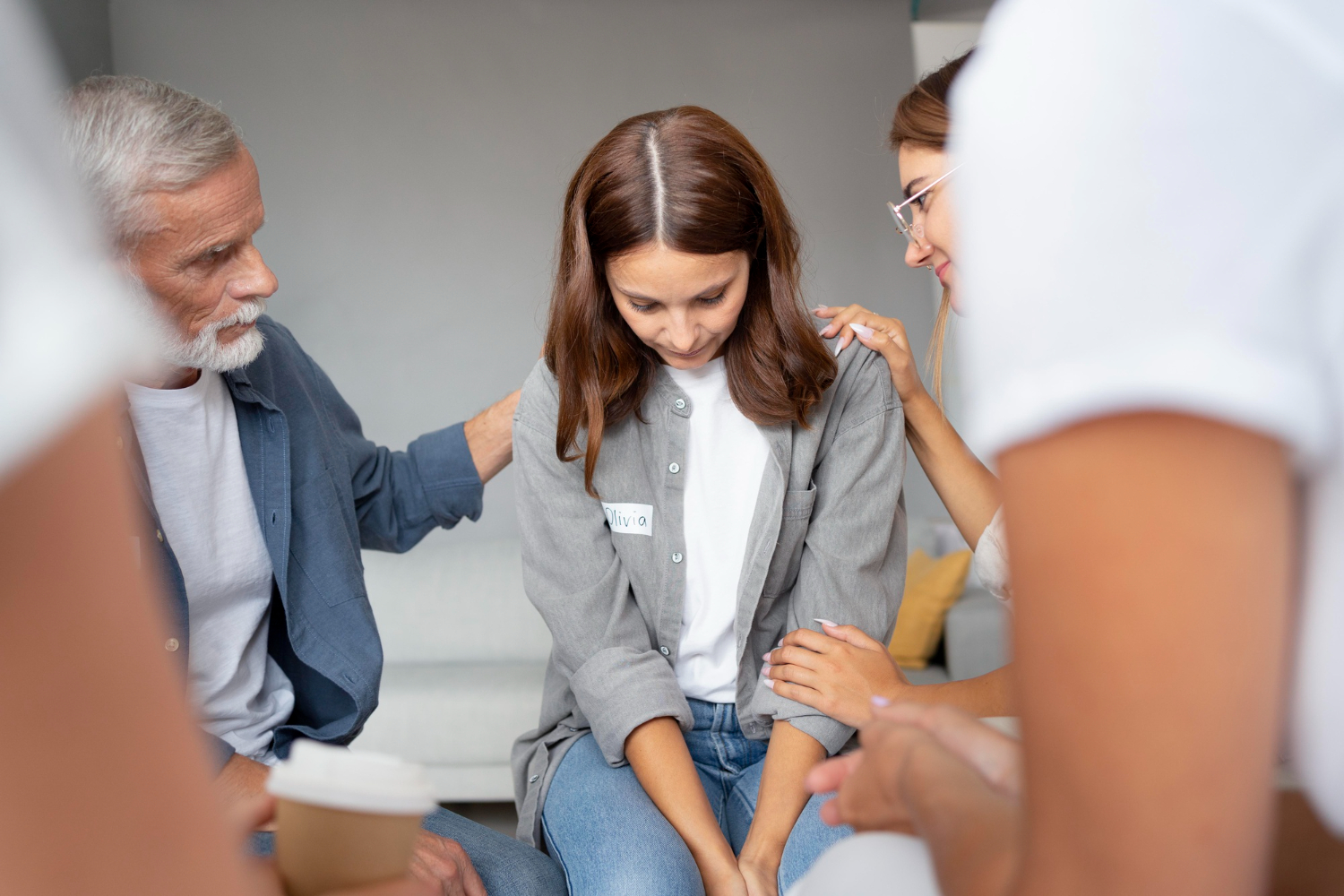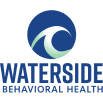I didn’t lose everything.
I wasn’t sleeping in my car. I didn’t get fired. No one staged an intervention. I didn’t hit a public rock bottom.
I just… wasn’t okay.
I was “functional.” I still showed up. Still performed. Still made people laugh at the right moments and kept my calendar full.
But something inside me had stopped working. And no one noticed—because I was still producing. Still contributing. Still smiling.
So when someone said, “Maybe you should try an intensive outpatient program,” I laughed. Not because I thought it was a bad idea, but because I couldn’t see how it applied to me.
IOP was for people in freefall. Right?
But I wasn’t crashing. I was coasting. Slowly. Silently. Numbly.
And that’s why I needed it.
Waterside Behavioral Health’s intensive outpatient program in Massachusetts wasn’t a last resort. It was the first thing that made me feel like I didn’t have to fall apart to be taken seriously.
I Didn’t Feel Like a Stereotype—So I Didn’t Think I Qualified
You know what the media teaches us about mental health or addiction recovery?
That you have to lose everything. That you’ll “know” when you’ve hit bottom. That people who need treatment are obviously struggling.
But my low wasn’t loud. It was invisible.
I was the person people leaned on. I was the fixer. I was the one who “had it all together.” But my mental load was crushing me.
I stopped enjoying things. I dreaded every Monday. I started drinking to sleep, scrolling to numb, and snapping at people I love.
But because I wasn’t in crisis, I figured I was fine.
I wasn’t.
And when someone finally said the words—“you don’t have to wait for it to get worse”—I felt something crack open.
IOP Let Me Be Honest Without Burning It All Down
What I needed wasn’t rehab. It wasn’t a hospital.
I needed a space between crisis and coping—a place to tell the truth about how much I was struggling without losing my job, my routine, or my pride.
That’s what IOP gave me.
At Waterside, I could:
- Go to therapy in the morning and still work in the afternoon
- Show up unsure and not be judged
- Talk about alcohol, anxiety, trauma—without needing a diagnosis to justify it
I didn’t have to “qualify” by falling apart.
I just had to be ready to stop pretending everything was fine.
The People in Group Looked More Like Me Than I Expected
I assumed I’d be the only high-functioning person in the room. That everyone else would be “more serious,” more visibly unwell, more dramatic in their stories.
That assumption didn’t last long.
In my first week, I met:
- A nurse who hadn’t taken a vacation in five years
- A single dad trying to manage burnout and parenting
- A grad student who drank every night just to sleep
- A perfectionist who didn’t know how to say no
These weren’t “wrecked” people. They were wired, worn down, and real.
We didn’t talk in clichés. We talked in truths.
And for the first time, I didn’t have to shrink myself to fit a recovery narrative that wasn’t mine.
IOP Didn’t Interrupt My Life. It Gave It Back.
You know what people don’t talk about enough?
How exhausting it is to hold everything together while secretly unraveling.
I thought stepping away for a few hours each day would add stress.
But what it added was clarity. Breathing room. Sanity.
Instead of waking up in dread, I had somewhere to go that didn’t ask me to perform.
I got to:
- Learn tools that actually helped me manage my spirals
- Say the scary stuff out loud and survive it
- Hear that I wasn’t the only one navigating pain quietly
And I didn’t have to quit my life to do it. I just had to pause enough to look at it.
If you’re in Plymouth County, MA or even nearby areas like Bristol County, Waterside’s IOP lets you step back without stepping out of everything.
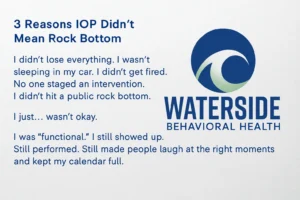
My Success Wasn’t a Shield—It Was a Distraction
Here’s something I had to learn the hard way:
You can be accomplished and still unwell.
You can be the strong one and still be suffering.
You can be admired and still be aching.
Sometimes success is a smoke screen. It hides what’s going on underneath because it makes everything look fine.
But inside, I was grinding my gears. High-functioning, low-joy.
People complimented my resilience while I fantasized about disappearing.
IOP didn’t take away my strength. It gave it a place to rest.
You Don’t Have to Earn Care by Falling Apart
That idea—that you have to earn help—it’s poison.
You don’t need a dramatic rock bottom.
You don’t need to check every box on the “serious mental illness” list.
If you’re not sleeping, if you’re not feeling, if you’re not really living—then you deserve care.
And IOP might be that care.
Whether you need help regulating your emotions, managing drinking, breaking cycles, or just learning how to exist without shutting down… Waterside will meet you where you are.
No shame. No shock therapy. No lectures.
Just space, structure, and support. The real kind.
You’re Allowed to Want More Than “Barely Getting By”
For a long time, I told myself:
“At least I’m not drinking in the morning.”
“At least I can still do my job.”
“At least I haven’t hurt anyone.”
I lived in “at leasts.”
And every one of them kept me from admitting I was drowning.
But surviving isn’t the same as living.
And what I’ve learned is this:
You don’t have to be on fire to deserve water.
If you’re reading this and something inside you whispers “this might be me”—it probably is.
And that whisper? That’s your signal.
Not that you’re weak.
But that you’re ready.
FAQ: Intensive Outpatient Programs for High-Functioning People
What is an intensive outpatient program (IOP)?
An IOP is a structured treatment program that offers therapy and support several days a week, while still allowing you to live at home and maintain responsibilities. It’s a step above weekly therapy but doesn’t require 24/7 care.
Do I need to hit “rock bottom” to qualify for IOP?
Not at all. Many high-functioning individuals seek IOP before things fall apart. The earlier you get support, the better your outcomes often are.
Will I be surrounded by people with severe addiction or crisis-level issues?
IOP groups are often mixed. At Waterside, you’ll meet people from all walks of life—some in crisis, some not—but all committed to growth and healing.
Can I keep working or going to school while in IOP?
Yes. Waterside’s IOP is built to accommodate working professionals, students, and caregivers. Sessions are scheduled to allow for flexibility and function.
What if I’m nervous about group therapy?
That’s normal. You don’t have to share everything on day one. Most people are nervous at first—and most end up finding group support to be one of the most healing aspects of treatment.
What if I’m not sure my issues are “serious enough”?
If you’re asking that question, you’re already self-aware enough to benefit. Don’t wait for things to get worse. Come as you are—today.
You don’t have to lose everything to finally choose yourself.
Call 774-619-7750 or learn more about Waterside’s intensive outpatient program in Plymouth County, MA. Your future doesn’t need a collapse—it needs a commitment.
